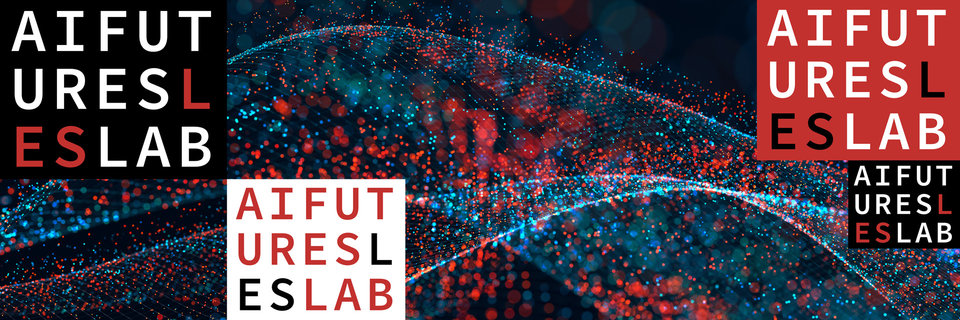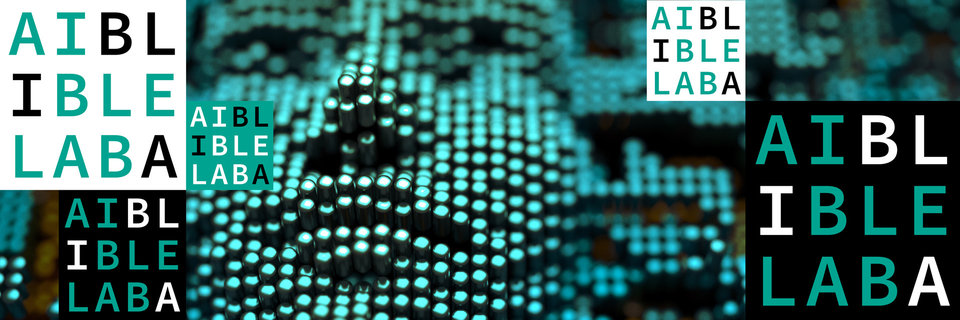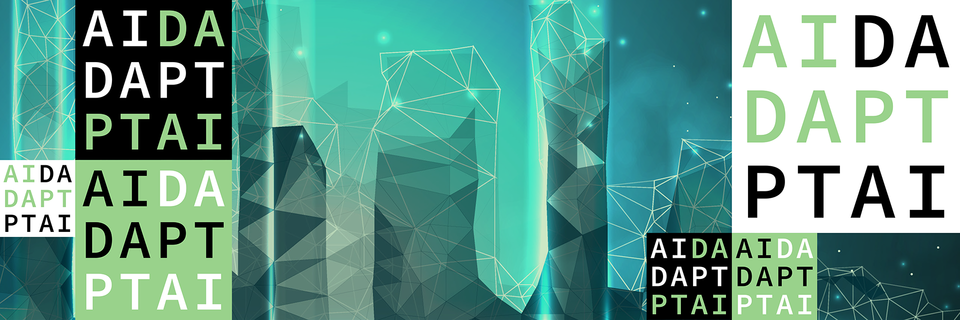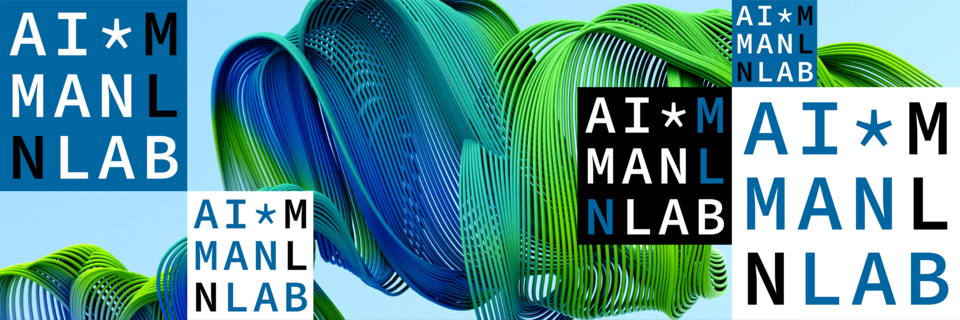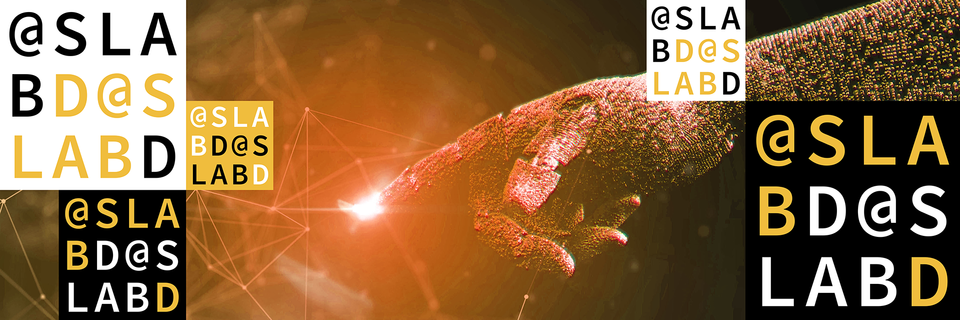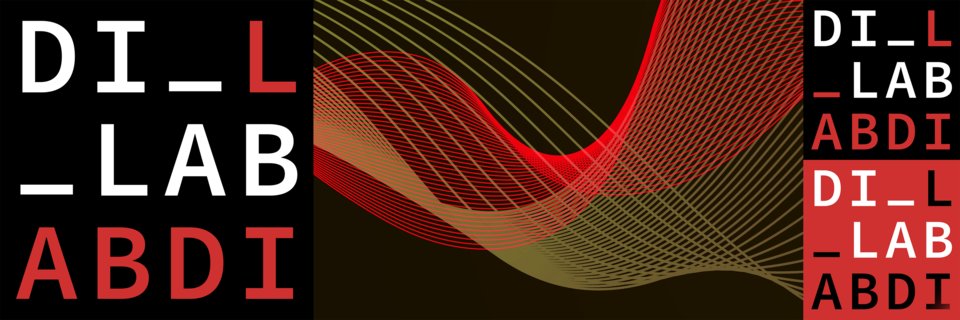Human-Centred AI Systems
We believe that AI-enabled systems must serve the collective needs of humanity. To that end, TU Delft supports the evolution of the science and practice of AI towards a "human-centred" approach. Human-centred AI emphasizes that the improvement on AI-technology should not only focus on issues of accuracy and speed, but also on the relationship between this powerful technology and their context of design, implementation, and deployment.
The unique perspective of TU Delft on the topic of human-centred AI is our strength in system’s human-centred design and engineering. Several organisations are strong in formulating requirements that AI systems should fulfil, in terms of its adherence to norms and values, safety and reliability, usability, and social embedding. But there are few organizations that take steps towards realizing systems that comply to such norms and values. Similarly, there are plenty of organizations that excel at the AI technology level, greatly optimizing individual algorithms and components. Eventually, these algorithms and components need to be integrated into broader socio-technical systems where small gains or technofixes in one component may not lead to proper outcomes in implementation. Achieving an overall desirable result is a stronghold of the Delft engineer, which we can deliver by working together across faculties and disciplines. The research community around Human-Centered AI Systems, also based on the TU Delft AI Labs that deal with human-centered AI is led by Alessandro Bozon, professor Human Centered AI. This community is concerned with research and teaching about understanding, design, and engineering of AI behaviour.
Key Properties of Human-Centredness AI Systems
TU Delft aligns its human-centred AI research and education with its engineering strengths. For that reason, we prefer to speak about human centred AI-systems, emphasizing the need to design and engineer systems in which human-centredness is embedded, as detailed in the following key properties:
- The AI-enabled system complements and augments human intelligence and abilities, rather than serve as a mere substitution;
- The design, development, control, and operation of AI-enabled systems are well-situated around actual human characteristics, values, intentions, and behaviours, rather than as we want or assume them to be;
- The AI-enabled system relies on a computational infrastructure that allows for relevant values to be reflected in the AI-enabled systems by design;
- The AI-enabled system integrates safely and appropriately in the broader socio-technical context;
- The success of the AI-enabled system is measured by the positive impact they have on society and how they safeguard against real harms to citizens, and not by improved narrow technical metrics.
Transdisciplinary
Human-centric AI is inherently transdisciplinary as it brings together science and practice in human-machine interaction, computer science, design, systems engineering, psychology, work and organization, law and policy, ethics and philosophy, political economy, and an entire range of application-specific disciplines. In that sense, the truly ‘human-centred’ approach to AI is a fundamentally new field.


